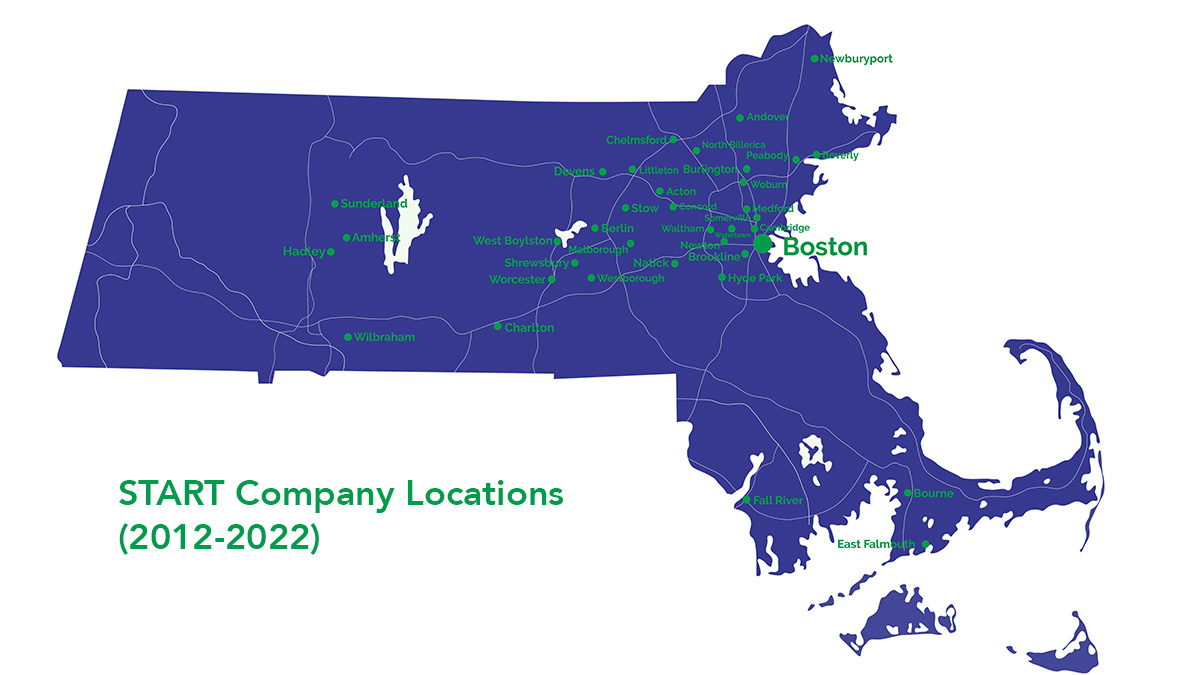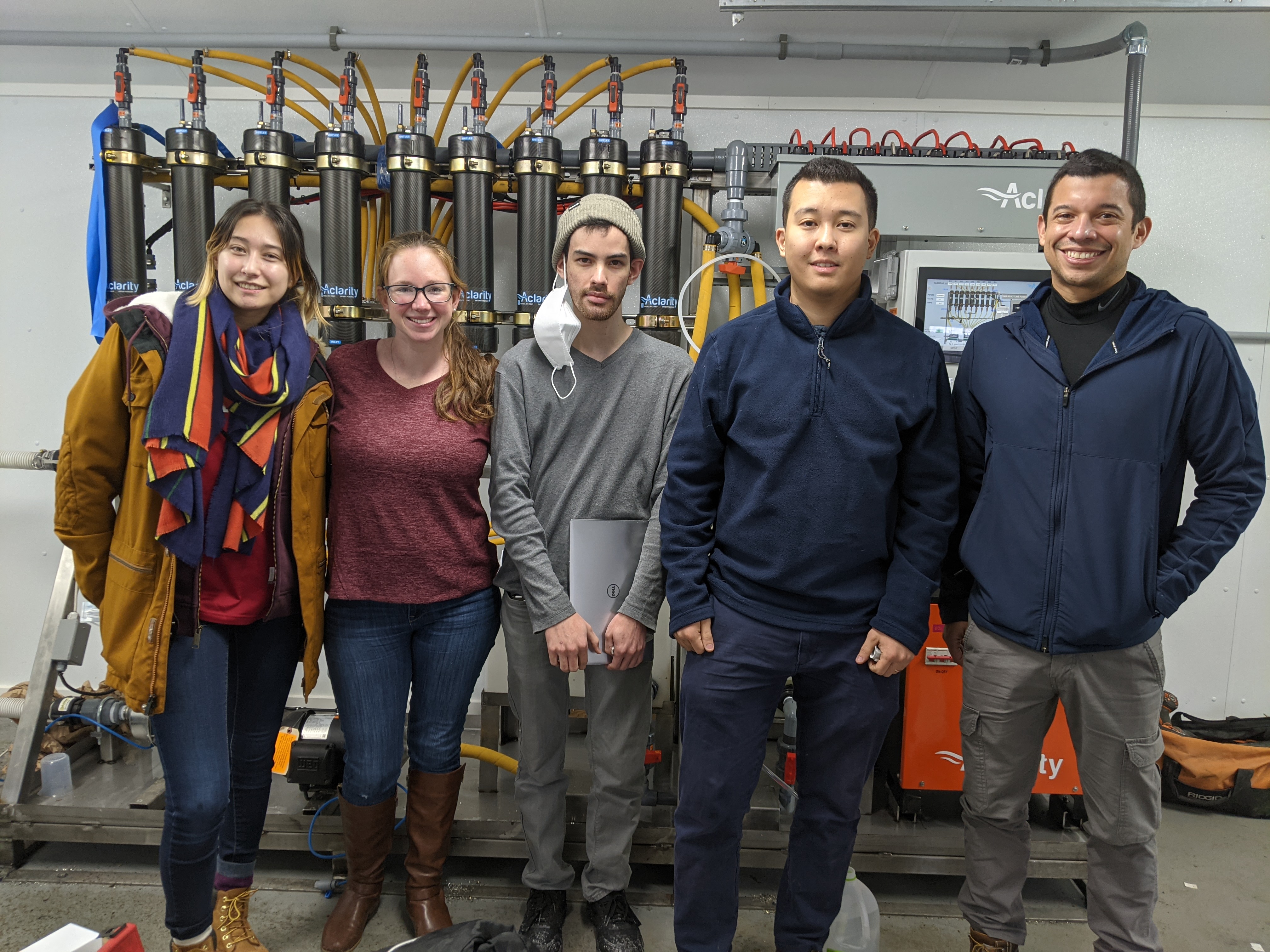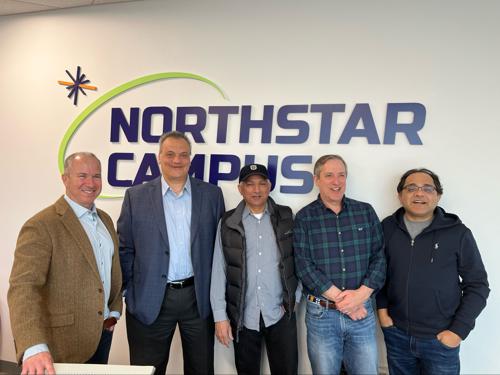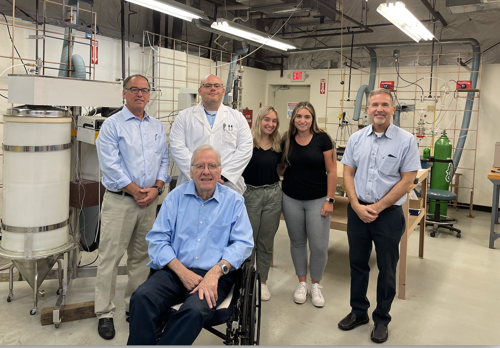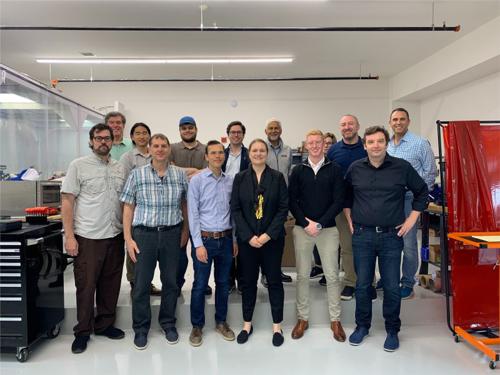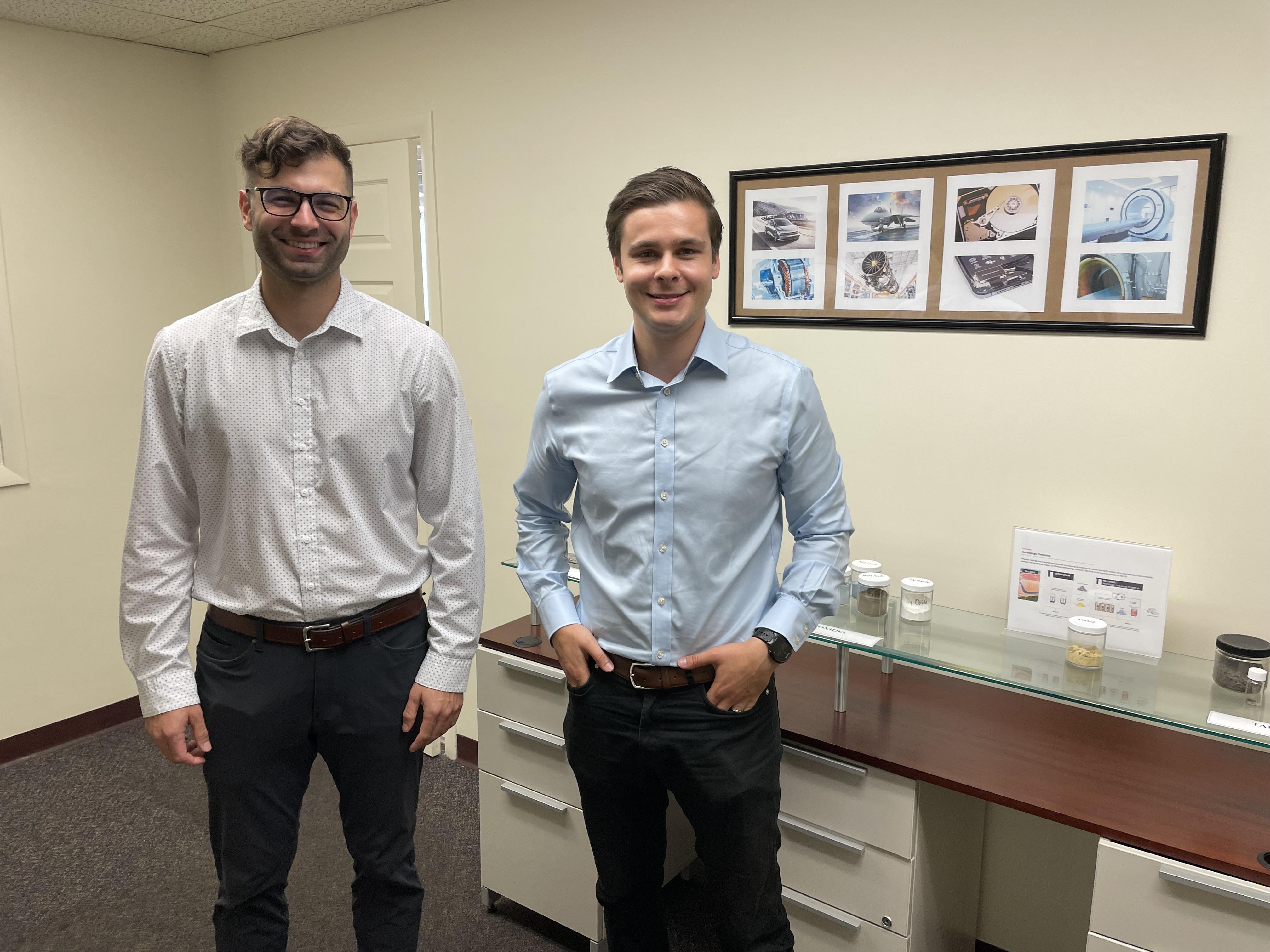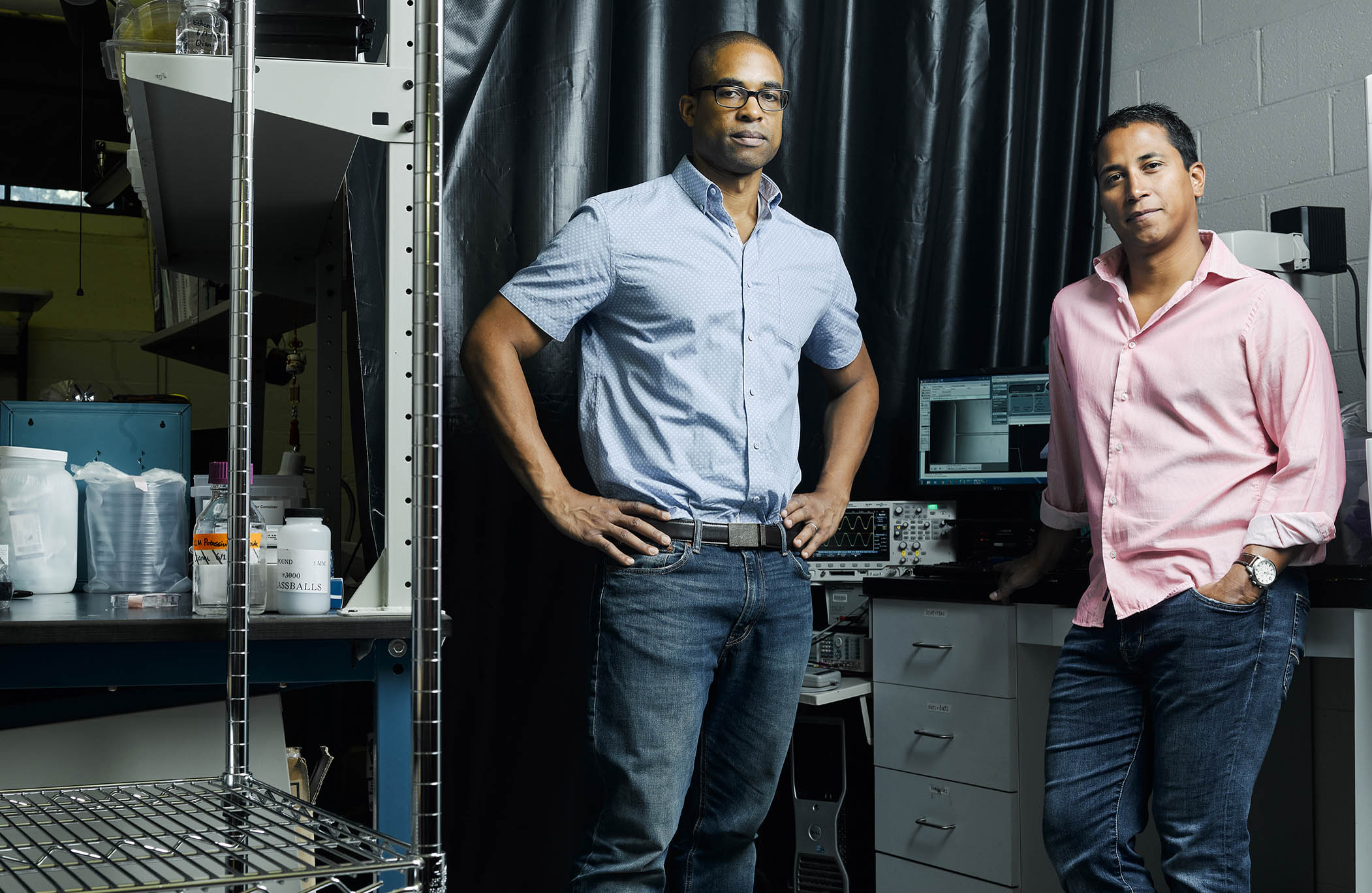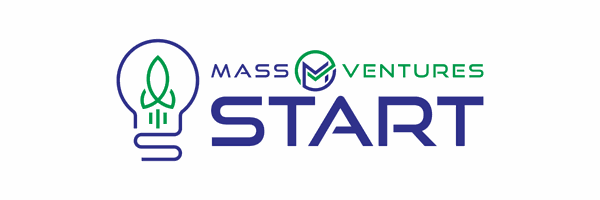The SBIR Targeted Technologies (START) Grants help Massachusetts-based startups convert research developed under SBIR and STTR contracts into businesses and jobs in Massachusetts.
START offers MA-based, SBIR Phase II companies grants and business guidance to help them commercialize their technologies. Each year, the program awards:
Since 2012, MassVentures' START Program has granted $34.2 million to 115 companies that have gone on to raise more than $4 billion and employ more than 2,500 people in the Commonwealth.
Read some of their stories below.
ActivSignal (Natick) transforms technology into systems biology proteomics tools, including a research tool for analyzing the activity of multiple signaling pathways in one reaction.
Advanced Silicon Group (Lowell) leverages metal-enhanced etching to produce arrays of textured silicon nanowires.
Aeroshield Materials (Hyde Park) is commercializing novel technology for improving the energy efficiency of windows.
Ambergen, Inc. (Watertown) has developed reagents (Miralys) that revolutionize disease diagnosis and drug therapy by providing a more powerful method to image biomarkers in tissue.
Electrified Thermal Solutions (Medford) is commercializing the Joule Hive™ thermal battery that converts and stores intermittent renewable electricity into constant, high-temperature, industrial-grade heat.
EnVision Endoscopy (Waltham) has developed a novel suturing device for flexible endoscopy, for tissue approximation and management of large gastrointestinal defects.
Gel4Med (Lowell) has developed antimicrobial, dermal matrices to promote infection-free wound closure.
Irradiant (Cambridge) is unlocking the full potential of optics and photonics by enabling complete control of the refractive index in 3D nanofabricated structures.
Notch (Cambridge) makes metamaterials that enable antennas to be dynamically controlled to boost communication ranges while providing cyber-security protection.
Osmoses (Cambridge) designs molecular filters with exceptional size selectivity for chemical separation.
Pathmaker Neurosystems (Boston) has developed MyoRegulator, the first non-invasive treatment for post-stroke muscle spasticity using neuromodulation.
Phoenix Tailings (Woburn) developed technology that recovers rare earth metals from mining wastes, such as neodymium, which is critical for magnets in electric vehicles.
Rendever (Somerville) has developed virtual reality platforms for seniors that enhance caregiving and the feeling of thriving within a community.
Southie Autonomy (Boston) developed AI software which facilitates ready deployment of robot arms at the beginning, middle and end of production lines.
Stitch3D (Boston) Stitch3D is deploying a platform to visualize 3D images, use analytical tools to extract intelligent point cloud information, and create 3D universes.
Aclarity has developed a proprietary electrochemical treatment system that cost-effectively destroys contaminants in water. It is the first company to commercialize a system for destroying "forever chemicals" or PFAS, ubiquitous water pollutants that have been linked to hormone disruption, cancer and other health issues. Aclarity's innovation addresses a $30 billion+ problem, eliminating PFAS wastewater management and disposal while improving human health. The company raised a Seed Round in 2022 for field deployment with Burnt Island Ventures, DCVC, and MassVentures.
This startup is developing breakthrough machine learning technology that speeds up the human-machine collaboration process. Its ‘coding optional’ platform allows analysts, domain experts, and data scientists to collaborate on training models, aligning requirements, and iteratively validating model performance. With rapid prototyping as a core focus, users train custom AI models and quickly iterate to find the winners. Jaxon itself uses AI to automate bottlenecks around data prep and model training. With “just enough” human supervision, auto-labeling, and configurable AutoML, models go from hypothesis to production-ready in days vs. months.
This family-owned, award-winning business has successfully developed and licensed novel “green” polymerization technology enabling the replacement of harmful chemicals, like benzene and phthalate-based plasticizers, in consumer products. KSE's proprietary biomass-to-chemicals process, based on furan chemistry, avoids expensive feedstocks and complex fermentation/solvent recovery processes. Polymers made from its furan-based chemicals demonstrate superior properties with fewer environmental and health impacts. With regulatory and consumer pressures growing to eliminate harmful chemicals, KSE’s biobased chemicals could have many potential markets. The START grant enabled KSE to purchase a reactor and hire some staff so that it can move from the bench to pilot scale.
Mesodyne's goal is to put a power plant in the palm of your hand. The startup is commercializing a new class of power generator that provides efficient, quiet, reliable, long-endurance power from any fuel. The LightCell™ increases the endurance of small systems ten times more than batteries, resulting in increased capability and cost savings. Its applications include a variety of unmanned vehicles, wearables, and other equipment.
This startup is changing the world by rethinking metals production. Each year the mining industry discards over 200 billion tons of waste (tailings), producing more than 7% of the world’s carbon emissions. Phoenix Tailings is on a mission to be the world’s first clean mining and metals production company. The company is changing how these metals are produced by extracting valuable metals and rare earth elements from mining waste. Their process uses clean energy sources and produces zero waste, creating a cleaner supply chain.
A spin-out from MIT Professor Cullen Buie’s laboratory, Kytopen is accelerating the delivery of gene transfers to existing cells by leveraging the influence of electrical fields on outer cellular envelopes. Kytopen’s research and technology has yielded the development of a system that simplifies the process of injecting nucleic acid into cells using ex vivo engineering. The procedure, known as Flowfect™, uses continuous fluid flow, electric fields, and automation to make gene transfer faster and more efficient. Kytopen has now raised $30 million in Series A funding.
